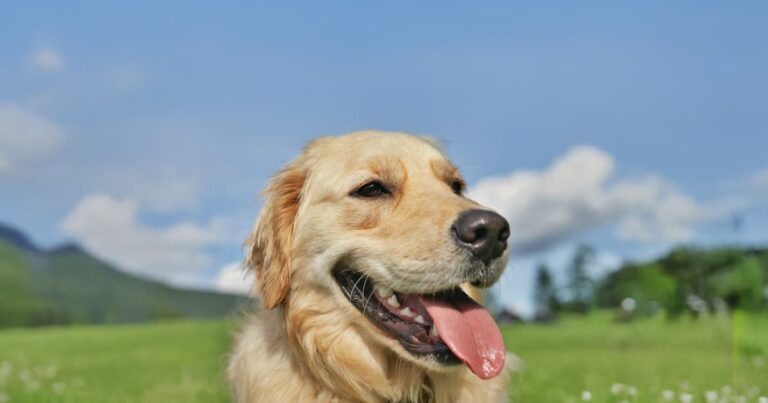With its dry, cold winds outside and warm, dry air inside, winter has arrived to wreak havoc on human and canine skin alike. Despite plenty of fur and thickened skin on their paw pads for extra protection, some dogs still can’t completely avoid winter’s relentless effects on their skin.
Continue reading to learn what steps you can take to help prevent and counteract winter skin issues.

Use an air humidifier in the room where your dog spends the most time or sleeps.
You can’t control the temperature or humidity outside, but you most likely can improve the humidity inside your home. Winter air is naturally low in humidity, home heating systems only make air drier, and both pull moisture out of skin. Use humidifiers to add moisture back into the air of rooms where your dog sleeps or spends the most time. You’ll both benefit in terms of less skin dryness and possibly improved sleep.
Bathe your dog less frequently during winter months.
Fewer, less frequent baths may be appropriate during winter months, especially for dogs with sensitive skin. Shampoo use during baths can remove the skin’s natural oils, which serve as a barrier against moisture loss. If you must bathe your dog, a simple water bath may be sufficient, or use a moisturizing shampoo and conditioner made specifically for dogs. Lukewarm water cleans as effectively as hot water without drying skin.
Brush your dog’s coat daily.
If your dog’s skin is prone to dryness during winter months, daily brushing can help. Use a soft brush to help stimulate circulation to the skin as well as the hair follicles and oil glands. Brushing helps remove dead skin cells and loose hair from your dog’s coat and helps distribute skin oils, which are moisturizing and protective.
Protect your dog’s skin from winter’s cold winds.
Indoor heating, cold air and winter winds can dry and even chap a dog’s nose, not unlike the way our lips get chapped during winter. To soothe and protect your dog’s nose, keep it moist a dab of nose balm or vitamin E oil.
Another area that needs protection from winter’s elements is your dog’s paws. Booties minimize contact with not-so-pet-friendly de-icers and keep snowballs and icicles from forming between toes and paw pads. If your dog won’t tolerate boots, consider applying a protective paw wax and rinsing your dog’s paws with warm water immediately after walks. Be sure to towel paws dry to minimize chapping and drying.
Finally, not all dogs have a thick double coat to help protect them from wintry weather. Dressing your dog in a coat or sweater not only makes a fashion statement but also helps retain body heat and potentially reduces skin dryness.
Feed a quality dog food that’s fortified with omega fatty acids.
Your dog should be eating a diet that’s nutritionally balanced throughout the year. Adequate levels of protein and essential fatty acids, including optimal amounts of omega-3 and omega-6 fatty acids, are important for healthy skin and hair. If you know your dog has sensitive skin and is susceptible to dry skin, you should consider feeding a food that’s designed specifically to nourish your dog’s skin and coat, like Diamond CARE Sensitive Skin Formula for Adult Dogs or Diamond Naturals Skin & Coat All Life Stages Dog Salmon & Potato Formula.
Winter-related dry skin can be an uncomfortable concern for dogs just as it is for people. The good news is that it’s not a life-threatening condition. Changes in grooming practices, adding moisture to indoor air and feeding a high-quality dog food year-round can help reduce and possibly eliminate the effects of winter’s dry air on your dog’s skin and coat.
RELATED POST: Prep Your Pets for Winter Weather








